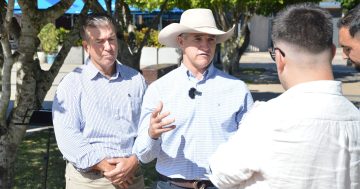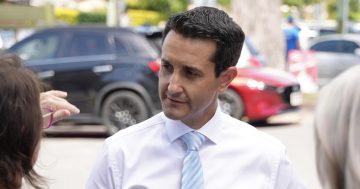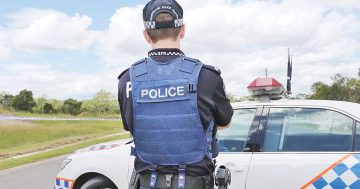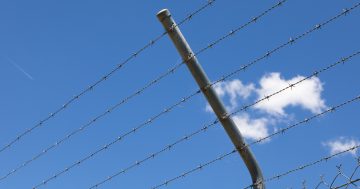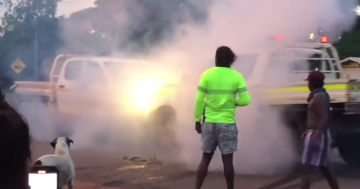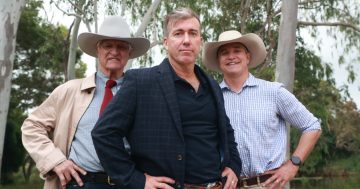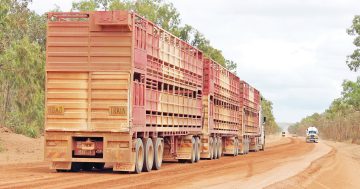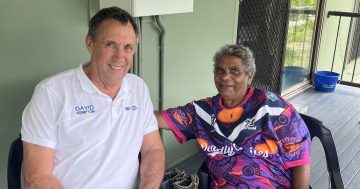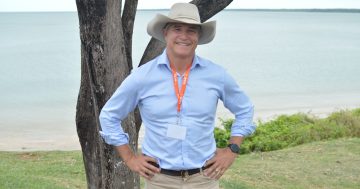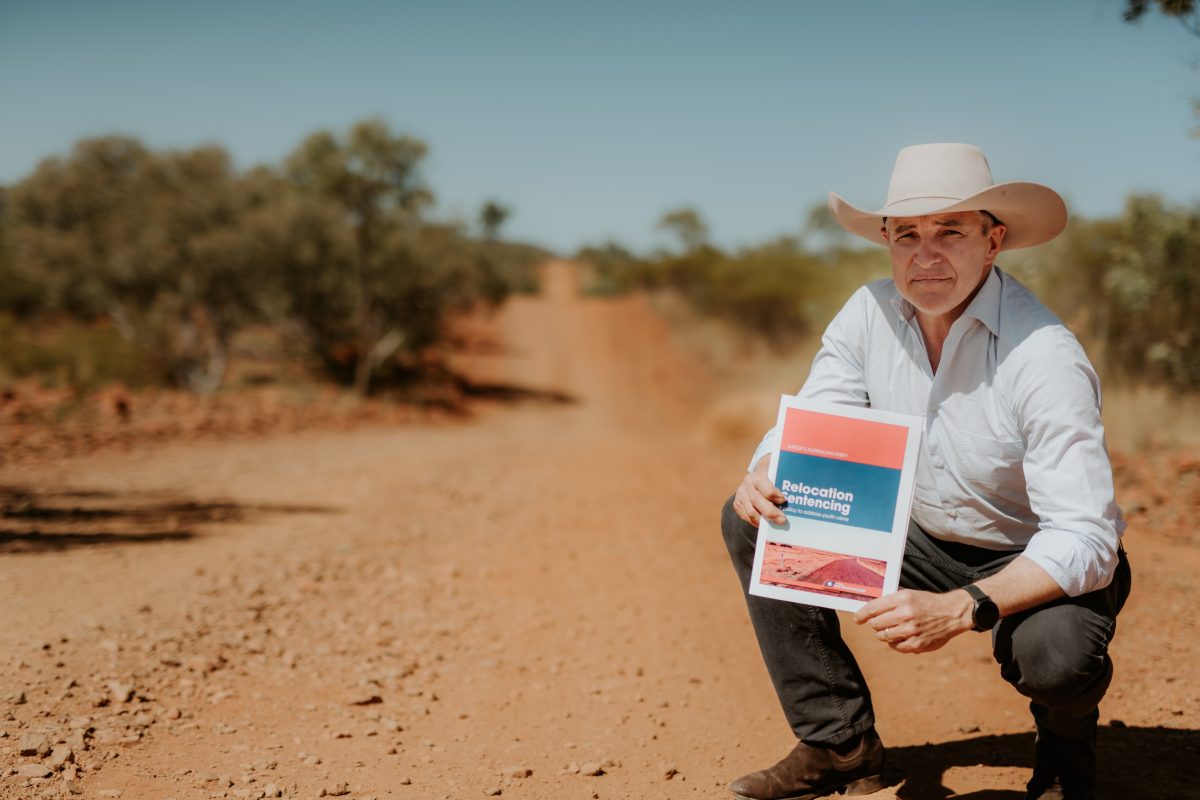
Katter’s Australian Party leader Robbie Katter says there are similarities between the State Government’s proposed Intensive On Country program for youth offenders and the plan his party has been advocating for years, but that the new policy announcement comes with plenty of red flags. Photo: Supplied.
Political opponents and community justice workers say while the State Government’s new plan to tackle youth crime is a step in the right direction, there are too many “dangerous” and “racist” red flags to make it a genuine solution.
On 21 February, the State Government announced it was seeking expressions of interest (EOI) from First Nations organisations willing to deliver a new Intensive On Country trial program for offenders engaged with the youth justice system.
The trial will be open only to Indigenous youth offenders, leading some to question whether the move was politically motivated ahead of the October 2024 Queensland election.
The proposed program will build on the government’s current On Country initiative, which was launched in 2020 with trial sites in Townsville, Cairns and Mount Isa, and will not be mandatory.
It is understood the trial will be available in a number of new locations, and provide an “intensive cultural and residential experience” for youth offenders for up to a few months.
A mandatory requirement of the procurement process for the new program will be that the service is delivered by, or in partnership with, an Aboriginal and Torres Strait Islander community-controlled organisation.
“There isn’t one simple solution to stopping all youth offending, but evidence tells us that on country programs have had some real success,” Premier Steven Miles said following the announcement.
“We’ve listened to elders and from community leaders, who believe they can deliver better on-Country programs that can help young people to connect to Country, to change the context that’s causing their offending, to take them away from the triggers of that offending and to give them intensive support to break that cycle.”
Katter’s Australian Party (KAP) has been pushing for relocation sentencing to be an integral part of the youth justice management process for a number of years, and party leader and Member for Traeger Robbie Katter said it appeared as though the State Government was trying to replicate his party’s strategy.
“I think the Premier is genuinely trying to mimic what we’ve been advocating for, but from our point of view, sadly, there’s still these urban progressors who still have dominant position in the party room and in the departments, and they just don’t believe in this [relocation sentencing] and they will water it down to render it useless,” he said.
“I think there is some goodwill in the government, in that they want to make it work.
“There are about four red flags for us.”
While Mr Katter would not brand the Indigenous-only eligibility component of the program as racist, one Cape York community justice worker said it was the only way it could be described.
“What else can you call it but racist?” the worker, who has worked in the community justice sector for more than two decades and asked not to be named, asked angrily.
“We’ve tried the black and white thing before, and look how bloody well that ended up.
“Look, I think [the government] is moving the right way, but it needs to be more than the short period of time they are talking about; these kids who are offending need some real time and support to get back on the right track, otherwise you may as well just get them a room at Lotus Glen [Correctional Centre] right now.
“This track is just dangerous for them kids.”

Premier Steven Miles says the State Government’s on-Country programs have proven successful, despite criticism by opponents. Photo: Supplied.
Mr Katter echoed the sentiment and said he could not understand why the government had announced the plan would only be for Indigenous youth offenders “other than for political reasons”.
“I just find it personally concerning that we’re having Indigenous and non-Indigenous solutions to crime policies,” he told Cape York Weekly.
“That’s deeply concerning for us.”
The KAP leader added he believed the timeframe being mooted by the Premier was insufficient to effect long-term change.
“We’ve said 12 months; it needs to be associated with mandatory sentencing,” Mr Katter said.
“That’s giving that kid the best chance to break away from those toxic social groups, which is a key element of the policy.
“I think it’s really cruel to expect these kids to change in a couple of months or whatever.”
The State Government will accept EOI applications until 12 March, 2024.


